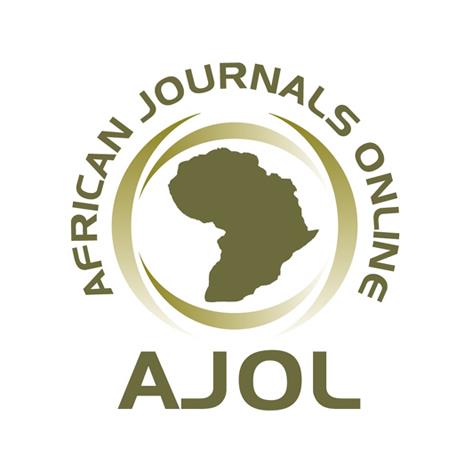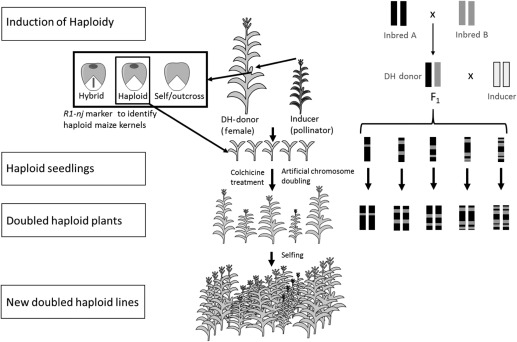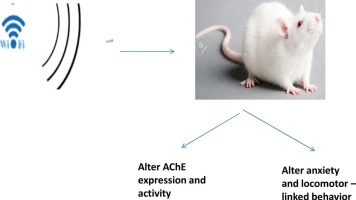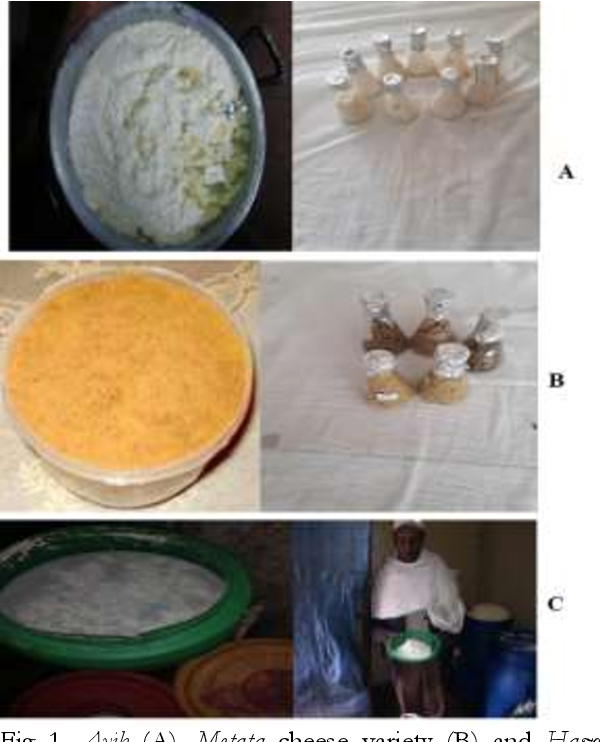Plagiarism Screening
Editorial Office
Haramaya University
P.O. Box 116, Ethiopia
Tel: +251-25-553-0045
Fax: +251-25-553-0325/31
East African Journal of Sciences (EAJS)
Haramaya University, Ethiopia
Plagiarism Policy
Plagiarism and Ethical Responsibilities of Authors
Plagiarism is a serious breach of academic integrity, encompassing the unauthorized use or close imitation of another individual's ideas, text, data, or creative expressions, and presenting them as one's own without proper acknowledgment.
The U.S. Department of Health and Human Services' Office of Research Integrity defines plagiarism as both the theft or misappropriation of intellectual property and the substantial unattributed textual copying of another's work, which can mislead readers regarding the true contributions of the author.
This includes not only verbatim copying but also the appropriation of unique concepts, methodologies, or findings without appropriate citation. Even the reuse of one's own previously disseminated content, known as self-plagiarism, is considered unethical when it is presented as new and original work without disclosure.
Researchers bear the ethical responsibility to ensure that all sources of information, ideas, and data are accurately cited at the point of use. Proper attribution is essential, whether referencing others' work or reusing one's own prior publications. The unacknowledged copying of text, figures, or data, regardless of the amount, is strictly prohibited and undermines the trustworthiness of scholarly communication. While minor similarities in commonly used phrases may be overlooked, substantial unattributed copying is considered a significant ethical violation. The East African Journal of Sciences (EAJS) assess allegations of plagiarism on a case-by-case basis. If plagiarism is detected post-publication, corrective actions ‒ including corrections or retractions ‒ may be implemented, depending on the severity and impact on the integrity of the published work. Upholding these standards is vital to maintaining the credibility and reliability of academic research.
Plagiarism detection and ethical publishing practices at EAJS
The East African Journal of Sciences employs the Crossref Similarity Check service to assess the originality of submitted manuscripts. This tool enables editors to compare submissions against a vast database of scholarly content, identifying text similarities that may indicate potential plagiarism. However, it's important to note that the software itself does not determine plagiarism so that each similarity report requires manual review and editorial judgment to ascertain whether the overlaps constitute unethical copying or are acceptable instances of common phrasing or properly cited material.
Plagiarism manifests in various forms and degrees, influenced by factors such as the extent and significance of the duplicated content, its context within the manuscript, and the adequacy of attribution. The editors are advised to consider elements including the author's professional experience, cultural background, and the nature of the duplicated material, whether it involves verbatim copying, paraphrasing without proper citation, or inappropriate reuse of previously published work. While review articles inherently summarize existing literature, authors are expected to present information in their own words or use direct quotations with appropriate citations. In addition, such articles should offer new interpretations or perspectives to contribute meaningfully to the field.
The East African Journal of Sciences also maintains a strict stance against "salami publication," a practice where authors divide a single study into multiple publications to artificially inflate their publication count. This approach is considered unethical as it can lead to redundant literature and misrepresentation of research findings. Manuscripts suspected of salami slicing, characterized by overlapping hypotheses, methodologies, or datasets across multiple papers without substantial differentiation, may be rejected to uphold the integrity of scientific publishing. Authors are encouraged to adhere to these ethical guidelines to ensure the credibility and originality of their scholarly contributions. Ethical principles set out by Committee on Publication Ethics (COPE) provides clear guidelines on processes to be followed to check plagiarism when detected before and after publication (https://publicationethics.org/guidance/flowchart/plagiarism-submitted-manuscript). For comprehensive information on EAJS's policies and ethical standards, including detailed guidelines on plagiarism and other forms of misconduct, authors and reviewers are encouraged to consult the journal's editorial policy available on the official EAJS website








